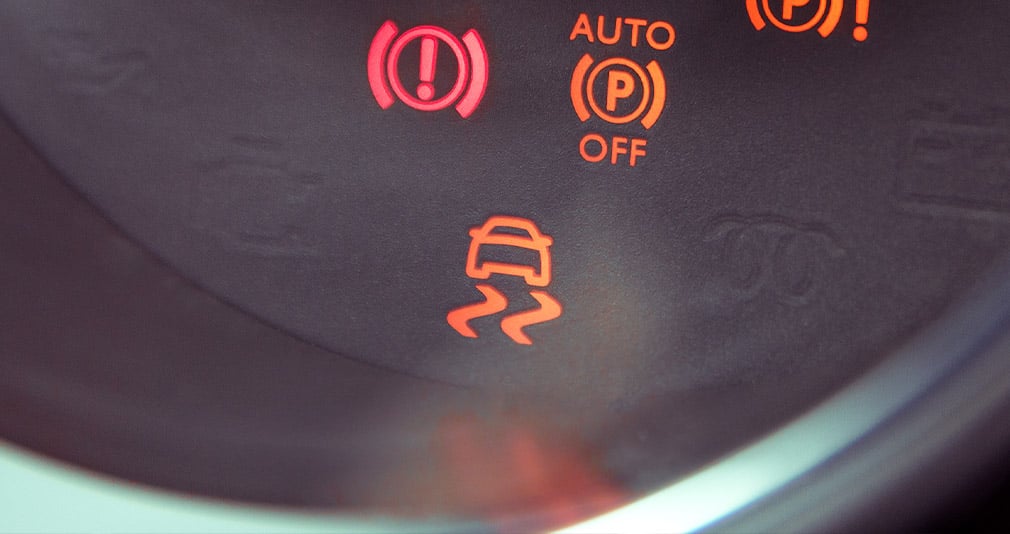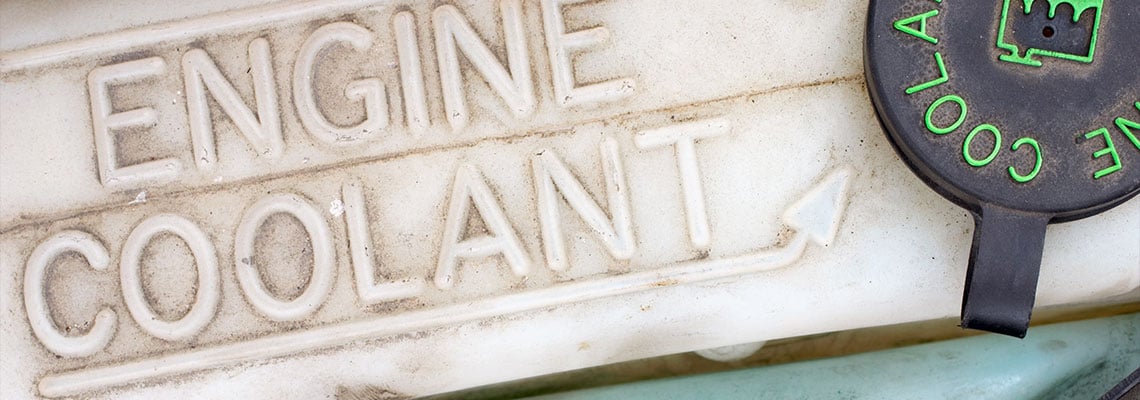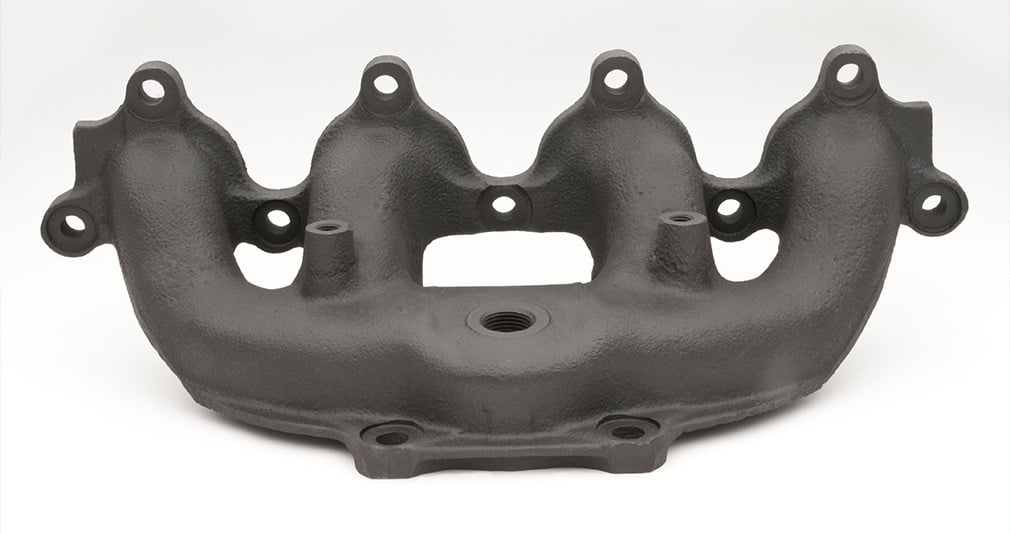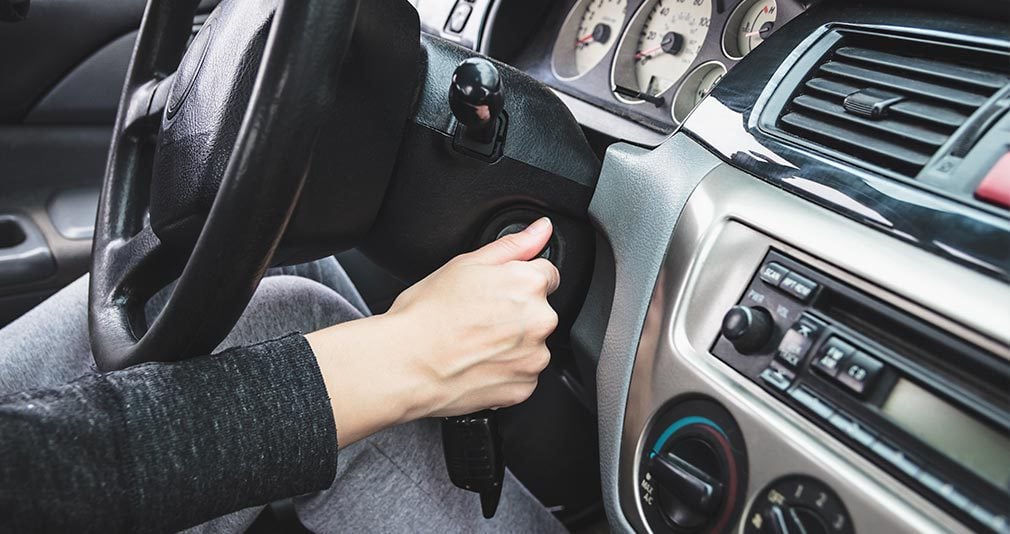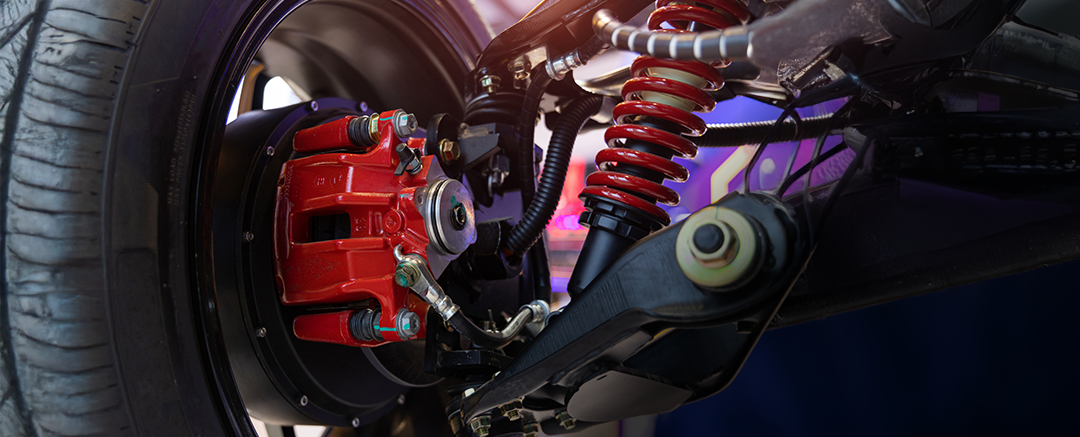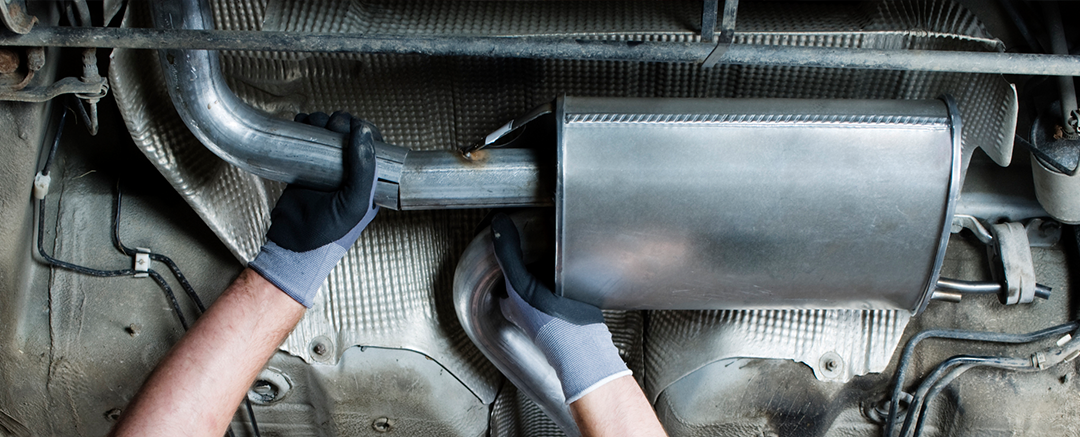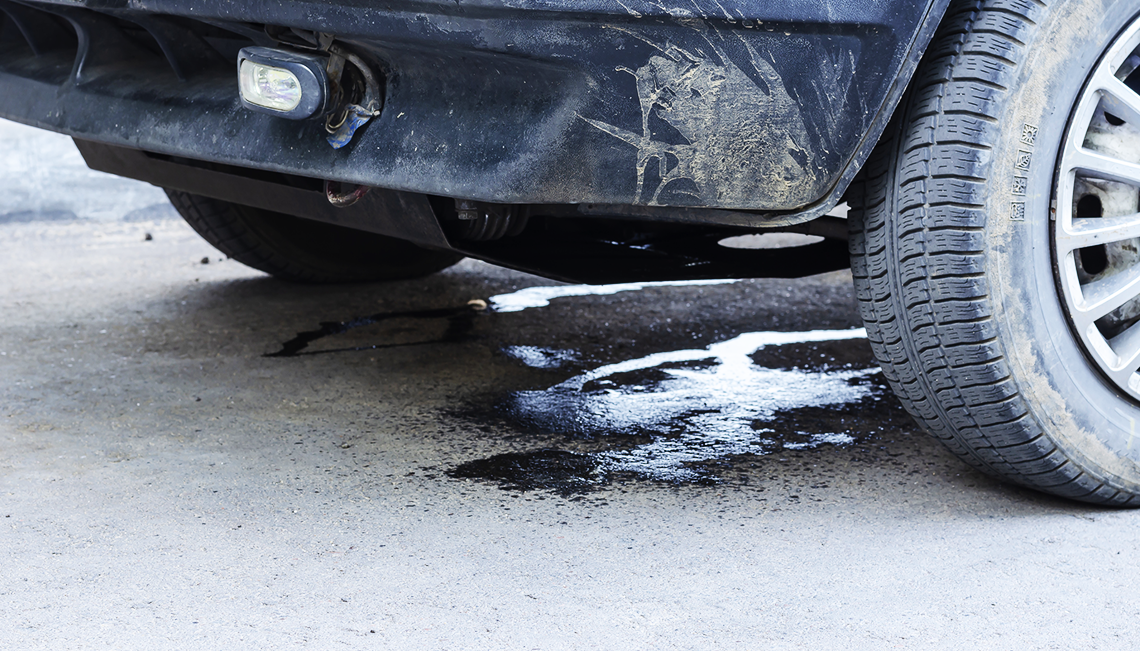Does this situation sounds familiar? You’re driving along, minding your own business and everything is going fine … until, all of the sudden, your steering wheel starts shaking violently. Is there an earthquake? Did you turn up the bass too much on your music? Did your car somehow turn into an amusement park ride?
While those scenarios are hypothetically possible, it’s more likely that there’s a problem with your car. Car shakes while driving happen for a variety of reasons, and they're actually more common than you might think. Read on to discover when these steering wheel shakes typically happen, what they mean and what you should do about them.
Reason #1: Why Your Steering Wheel Shakes When You Brake
Does your steering wheel shake when you try to slow down? If your steering wheel reacts when you apply the brake, it’s a good sign there may be a problem with your brake system. For starters, your brake rotors may need to be replaced. Brake rotors play a crucial role in your brake system; they cause your car to slow down when brake pads press against them. Rotors typically last 30,000 to 70,000 miles, but they often need to be inspected and/or resurfaced every 12,000 miles or so. If the surface is uneven or the rotors are failing, it can cause extra friction (and shaking) when the brake pads press down on them. If you do need to replace your brake rotors, it’s recommended to replace them in pairs, so be sure to take them in to an auto repair shop. If you're located in Cleveland, Ohio, our mechanics would love to help!
Reason #2: Why Your Steering Wheel Shakes at High Speeds
Another component of your brake system that may contribute to steering wheel shakes is the brake caliper. Similar to a clamp, your calipers house the brake pads, brake pistons and brake fluid. They’re crucial for creating friction that slows down your brake rotors or discs. If the caliper sticks, it can cause vibration or shaking when you approach 40 or more miles per hour. It can get worse the faster you go, and you may also smell a strange odor. Like your rotors, you should check your calipers every 12,000 miles.
Another reason your steering wheel may shake at high speeds could be your tires. This is actually one of the most common reasons for steering wheel shakes, and it usually means the tires are either out of balance or out of alignment. If this is the case, you might notice shaking at 50 to 60 miles per hour. If you want to confirm that tires are the culprit yourself, check the tread lines to see if they’re uneven, or try to determine if you’ve done anything that could cause a misalignment (such as driving over a pothole). Even if you do look at your tires yourself, it’s a good idea to get your tires checked out and/or replaced at an auto repair or tire shop, as it might be time for a tire alignment or balance at the very least.
Reason #3: Why Your Steering Wheel Shakes While Turning
There are a wide variety of reasons why steering wheels squeak when turning, but what happens when they shake while turning? It could have something to do with your wheel bearings. Since your bearings allow your wheels to turn smoothly, there can be friction or shaking if they’re damaged, broken, worn or corroded. Specifically, the bearings connect to your wheel axle or hub, so they have a direct impact on the drive shaft (and steering wheel) if there’s something wrong with them. If your steering wheel shakes only when you’re turning, it may be a sign the bearings are at fault; if it shakes at other times, it could be because of one of the other reasons listed here. Whether the bearings are bad or simply need a good cleaning and lubrication, it’s a good idea to take your car into an auto repair shop to have a professional look at them and evaluate their condition.
Reason #4: Why Your Steering Wheel Shakes While Accelerating
If you’re speeding up and you notice your steering wheel shakes, it could have something to do with your suspension system. In case you’re not familiar with your suspension, it’s a complex system of springs, rods, shocks, pistons and other components. When everything is not working together correctly, it can mean imbalances, loose connections, rusted or corroded parts and/or abnormal wear. This takes the form of steering wheel shakes when you’re accelerating or maintaining a particular speed — or it could happen at seemingly random times. Whatever the case, when it comes to your suspension system, you need a thorough inspection to identify whether it’s the reason for your steering wheel shakes or not. There are multiple components in the system that could be contributing to the shaking.
Want a personalized assessment for why your steering wheel shakes and what you can do about it? Visit one of the six auto repair shops in Cleveland, Ohio for for a free estimate!



